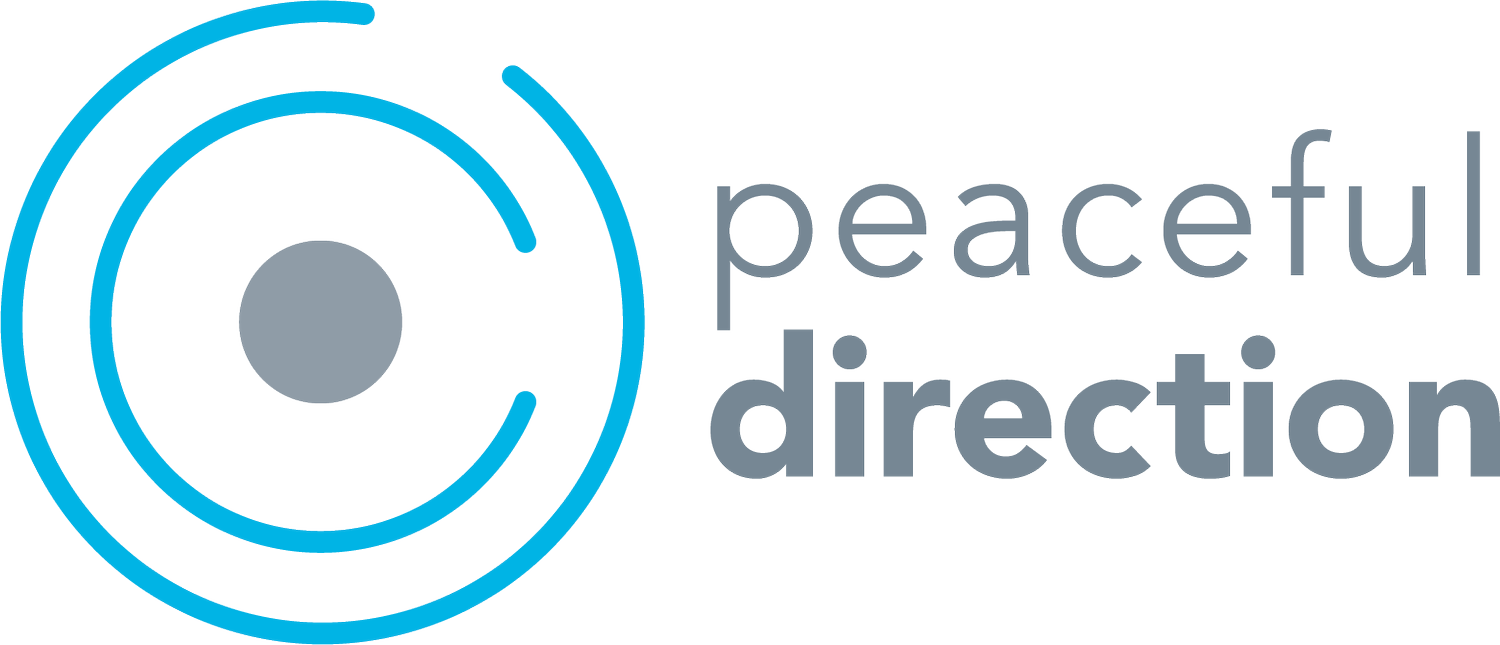Coaching in Analogies #17: CNN host, or dissertation author?
I’m fond of telling people I was a journalism major in college and worked in communications for more than two decades, which makes me an expert in precisely nothing. I say this to potential clients as a way to let them know I’m not an expert in delegation, or managing up, or whatever issues they’re bringing into the realm of coaching. I do tend to know who those experts are, and can guide the clients to them.
What I learned years ago during my brief time in television is that expertise and credibility are not the same thing. It’s easy to confuse the two because you need a bit of both to succeed in front of an audience. I’ve had a fair number of clients tell me they don’t feel like they have enough expertise on a topic to be comfortable owning it. I ask them to think about the distinction between expertise and credibility, and what the situation demands.
For an example of how expertise and credibility work, let’s turn to CNN. Seriously. I’ve never been a big consumer of cable news – I don’t have a television in my house, so I’ll catch a glimpse infrequently in an airport or a doctor’s office. And I know many of society’s ills can be traced to talking heads screaming misinformation at each other. But the format can give us a useful example.
Imagine we have a topic in the news. The President has hired a new chief of staff, and CNN is doing a segment with the author of a doctoral dissertation about presidential chiefs of staff.
The host knows the audience. The host’s job is to connect the author to that audience. The host must be conversant in the subject and have great questions to frame the conversation in a way that informs and inspires the audience. But they don’t have to be the expert. High credibility, lower expertise.
The author’s job is to get the message out according to the contours of the interview. The author shares not all of what they know on the topic, but a small sampling of it. The author must be well-spoken and knowledgeable. But they don’t have to frame the conversation or know the audience. High expertise, lower credibility.
Both participants in the interview need expertise and credibility, but at different levels because they have different roles.
So, the next time you’re giving a presentation, delivering a briefing or facilitating a meeting, are you the host or the author?
Coaching prompts:
What level of expertise does your audience expect in this situation?
In what ways might expertise get in the way of your ability to deliver a message?
